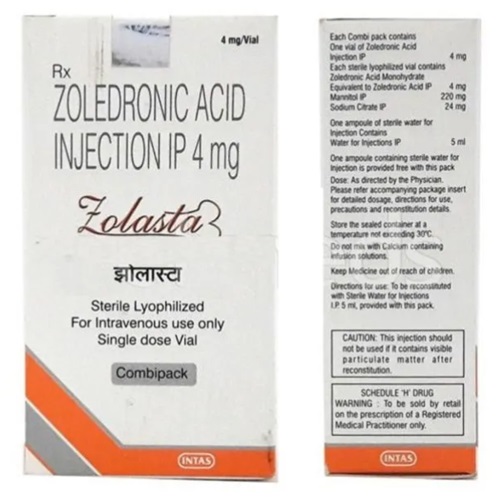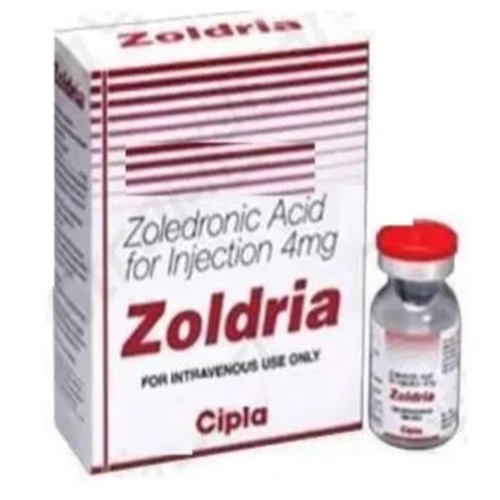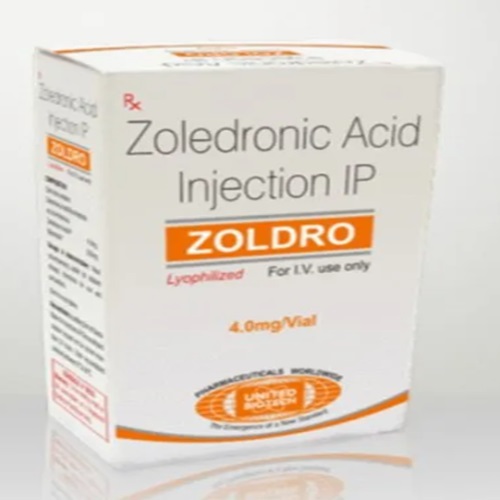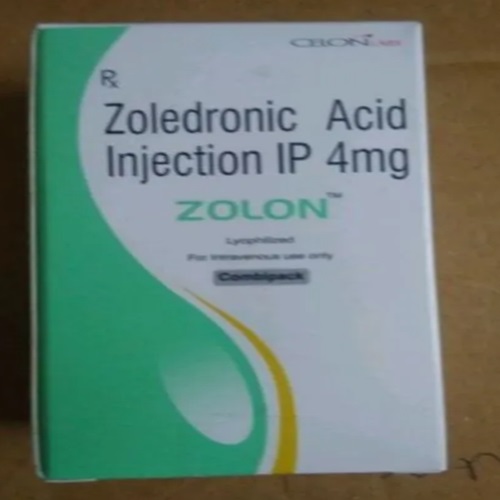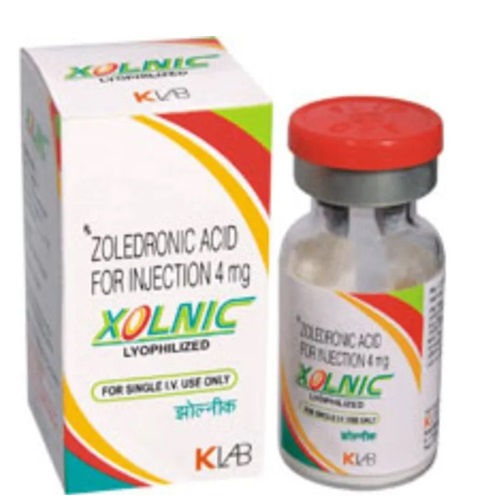A drug mostly used to treat elevated calcium levels in the blood (hypercalcemia) brought on by cancer, Zolasta 4 Mg also helps to avoid bone problems in people with multiple myeloma or metastatic bone disease. Belonging to a family of medications known as bisphosphonates, it works by slowing down the disintegration of bones, therefore lowering the likelihood of fractures and other bone-related problems.
Tell your doctor if you have renal illness, dehydration, or other dental issues as Zolasta could influence these situations.Unless a doctor prescribes it, avoid taking this drug if you are nursing or pregnant.Preventing jawbone issues (osteonecrosis) calls for regular dental check-ups.Prevent kidney issues by making sure you drink plenty of water both before and after therapy.Steer clear of smoking and drinking since they can compromise bones and heighten the likelihood of adverse outcomes.
A doctor gives Zolasta 4 mg as an intravenous (IV) infusion.The medical condition being treated determines the dose and frequency.Patients are recommended to remain well-hydrated prior to getting the infusion.To assist bone health, calcium and vitamin D supplements might be advised.
Zolasta 4 Mg's usual side effects might be:Flu-like symptoms, chills, or feverTiredness or weaknessDiarrhea, vomiting, or nauseaDizziness or headacheMuscle or joint discomfortMajor negative consequences (get medical help right away):Major renal issues (lessened urine production, leg edema)Low calcium levels (numbness, tingling, muscular cramps)Problems with the jawbone include discomfort, edema, or infection.Allergic responses (rash, edema, breathing trouble)
